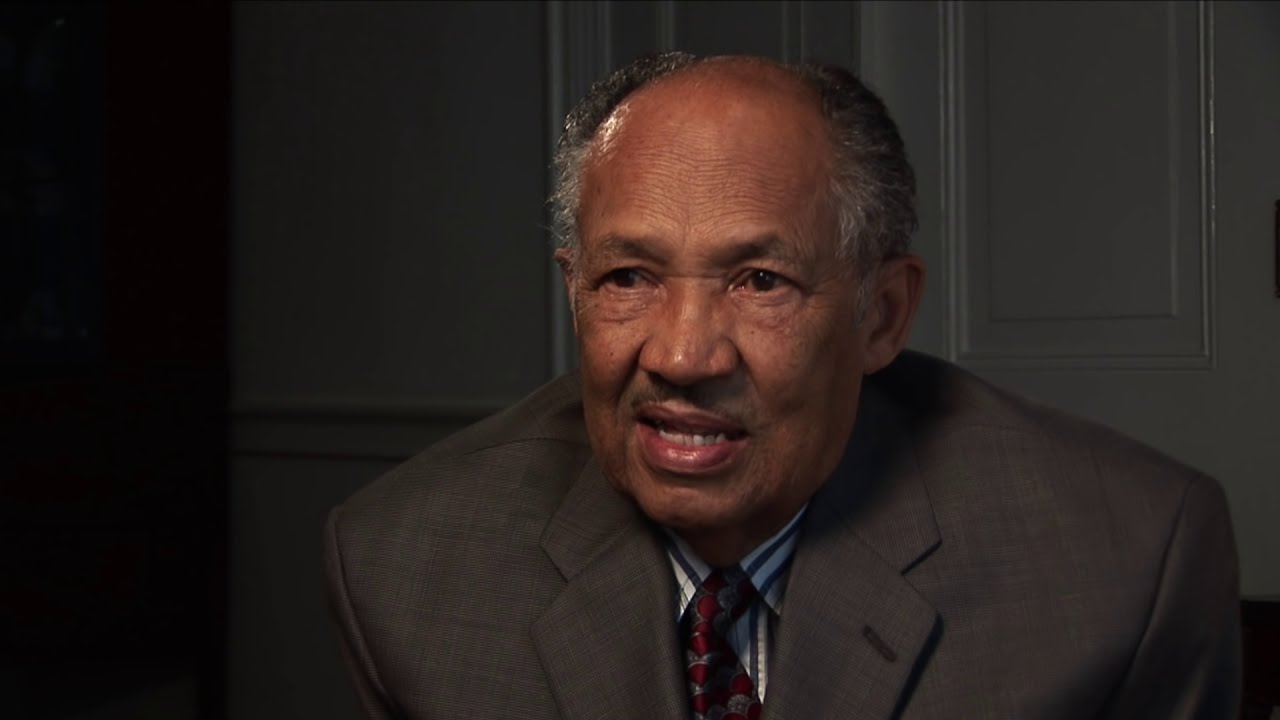
Ever wondered why some songs make you blush? Dirty songs, often filled with suggestive lyrics and cheeky innuendos, have been a part of music history for decades. These tunes push boundaries, challenge norms, and sometimes even spark controversy. From rock and roll to hip-hop, many genres have their share of risqué tracks. But what makes these songs so captivating? Is it the boldness, the humor, or the sheer audacity? In this post, we'll dive into 35 intriguing facts about dirty songs that might surprise you. Whether you're a music enthusiast or just curious, these tidbits will give you a fresh perspective on those naughty tunes you can't help but sing along to.
Key Takeaways:
- Dirty songs have a long history, from ancient civilizations to modern music. They reflect cultural attitudes, challenge taboos, and empower artists to express themselves.
- Censorship and controversy often surround dirty songs, but they continue to entertain and provoke discussions about sex, relationships, and societal norms.
The Origins of Dirty Songs
Dirty songs have been around for centuries, often reflecting society's taboos and hidden desires. These songs can be humorous, controversial, or downright shocking. Here are some fascinating facts about dirty songs that might surprise you.
-
Ancient Roots: Dirty songs date back to ancient civilizations. The Greeks and Romans had bawdy tunes that were often performed during festivals and celebrations.
-
Medieval Times: In medieval Europe, minstrels and troubadours would sing risqué songs at court, often using double entendres to entertain nobles.
-
Folk Traditions: Many traditional folk songs contain suggestive lyrics. These songs were passed down orally, often with each generation adding their own twist.
Dirty Songs in Popular Music
As music evolved, so did the themes and lyrics. Dirty songs found their way into various genres, from blues to rock to hip-hop.
-
Blues Influence: Early blues music often featured explicit lyrics about love and relationships. Artists like Bessie Smith and Ma Rainey were known for their provocative songs.
-
Rock 'n' Roll: The birth of rock 'n' roll in the 1950s brought a new wave of suggestive lyrics. Songs like "Shake, Rattle and Roll" by Big Joe Turner pushed boundaries.
-
Punk Rock: The punk rock movement of the 1970s embraced shock value. Bands like the Sex Pistols and The Ramones often included explicit content in their songs.
Controversial Hits
Some dirty songs have sparked controversy and debate, often leading to censorship or bans.
-
"Louie Louie": The Kingsmen's 1963 hit "Louie Louie" was investigated by the FBI for its allegedly obscene lyrics. The investigation concluded that the lyrics were unintelligible.
-
"Relax": Frankie Goes to Hollywood's 1983 song "Relax" was banned by the BBC for its explicit content, but it still became a massive hit.
-
"WAP": Cardi B and Megan Thee Stallion's 2020 hit "WAP" faced backlash for its explicit lyrics, yet it topped the charts and sparked discussions about female sexuality.
Cultural Impact
Dirty songs often reflect and influence cultural attitudes towards sex and relationships.
-
Breaking Taboos: These songs challenge societal norms and push the boundaries of what is considered acceptable.
-
Empowerment: For some artists, dirty songs are a way to reclaim their sexuality and express empowerment.
-
Humor: Many dirty songs use humor to address taboo subjects, making them more palatable to a wider audience.
Notable Artists
Several artists are known for their dirty songs, often becoming iconic figures in music history.
-
Prince: Known for his provocative lyrics and performances, Prince's songs like "Darling Nikki" and "Sexy MF" are legendary.
-
Madonna: The Queen of Pop has never shied away from controversy. Songs like "Like a Virgin" and "Justify My Love" pushed the envelope.
-
Eminem: The rapper's explicit lyrics have sparked controversy throughout his career. Songs like "Kim" and "Superman" are notorious for their graphic content.
Modern Trends
Today's music continues to push boundaries, with dirty songs becoming more mainstream.
-
Streaming Services: Platforms like Spotify and Apple Music have made it easier for explicit songs to reach a wider audience.
-
Social Media: Artists use social media to promote their music, often sharing snippets of their most provocative lyrics.
-
Music Videos: Visuals play a significant role in modern music. Explicit music videos often accompany dirty songs, adding another layer of shock value.
Fun Facts
Here are some quirky and lesser-known facts about dirty songs.
-
Parody Songs: Many dirty songs are parodies of popular tunes, adding a humorous twist to familiar melodies.
-
Hidden Messages: Some songs contain hidden messages or double entendres that only become apparent after multiple listens.
-
Fan Interpretations: Fans often interpret lyrics in different ways, sometimes finding dirty meanings where none were intended.
The Future of Dirty Songs
As society continues to evolve, so will the music that reflects it. Dirty songs will likely remain a staple in the music industry, continuing to entertain, shock, and provoke.
-
Genre Blending: Artists are increasingly blending genres, creating new and innovative ways to incorporate explicit content.
-
Global Influence: Dirty songs are not limited to Western music. Artists from around the world are incorporating explicit lyrics into their work.
-
Changing Norms: As societal attitudes towards sex and relationships change, so will the themes explored in dirty songs.
Memorable Lyrics
Some dirty songs are memorable for their catchy and provocative lyrics.
-
"I Touch Myself": The Divinyls' 1990 hit is both catchy and controversial, with its explicit lyrics about self-pleasure.
-
"My Neck, My Back": Khia's 2002 song is known for its explicit and unapologetic lyrics.
-
"Blurred Lines": Robin Thicke's 2013 hit faced criticism for its suggestive lyrics, yet it became one of the year's biggest songs.
Dirty Songs in Movies
Dirty songs often make their way into movie soundtracks, adding an extra layer of entertainment.
-
"Big Bottom": Spinal Tap's parody song from the 1984 mockumentary "This Is Spinal Tap" is both hilarious and explicit.
-
"Do Me": Bell Biv DeVoe's 1990 hit was featured in the movie "House Party," adding to the film's fun and risqué vibe.
-
"Pony": Ginuwine's 1996 song "Pony" has been featured in several movies, including "Magic Mike," known for its explicit dance scenes.
Dirty Songs and Censorship
Censorship has always been a challenge for artists who push boundaries with their lyrics.
-
Radio Edits: Many dirty songs have radio edits with censored lyrics to make them suitable for airplay.
-
Parental Advisory: The Parental Advisory label was introduced in the 1980s to warn listeners about explicit content.
-
Banned Songs: Some songs have been outright banned from radio and TV, often increasing their popularity.
The Psychology Behind Dirty Songs
Understanding why people enjoy dirty songs can be fascinating.
-
Taboo Appeal: The forbidden nature of dirty songs makes them more appealing to some listeners.
-
Emotional Release: These songs can provide an emotional release, allowing listeners to explore their own desires and fantasies through music.
Final Notes on Dirty Songs
Dirty songs have always been a part of music history. They push boundaries, spark conversations, and sometimes even cause controversy. From hidden innuendos to blatant lyrics, these tracks reflect society's evolving attitudes toward taboo topics. Whether you love them or hate them, they undeniably play a role in shaping pop culture.
Remember, what might seem shocking today could be considered tame tomorrow. Music evolves, and so do our perceptions. So next time you hear a song with a risqué lyric, think about its context and the message behind it. Dirty songs aren't just about shock value; they often highlight deeper societal issues or simply celebrate human experiences.
Keep an open mind, enjoy the music, and appreciate the artistry behind these provocative tunes. After all, music is meant to make us feel, think, and sometimes, blush.
Frequently Asked Questions
Was this page helpful?
Our commitment to delivering trustworthy and engaging content is at the heart of what we do. Each fact on our site is contributed by real users like you, bringing a wealth of diverse insights and information. To ensure the highest standards of accuracy and reliability, our dedicated editors meticulously review each submission. This process guarantees that the facts we share are not only fascinating but also credible. Trust in our commitment to quality and authenticity as you explore and learn with us.


